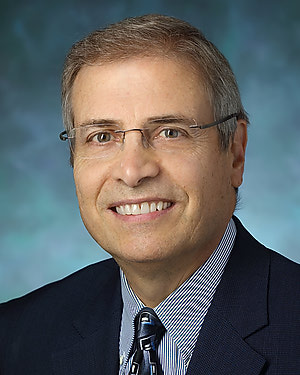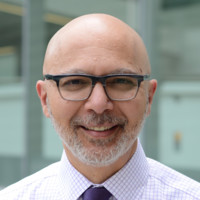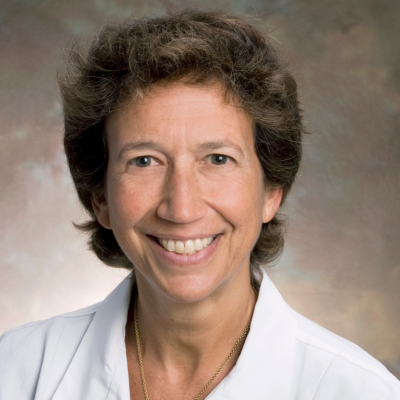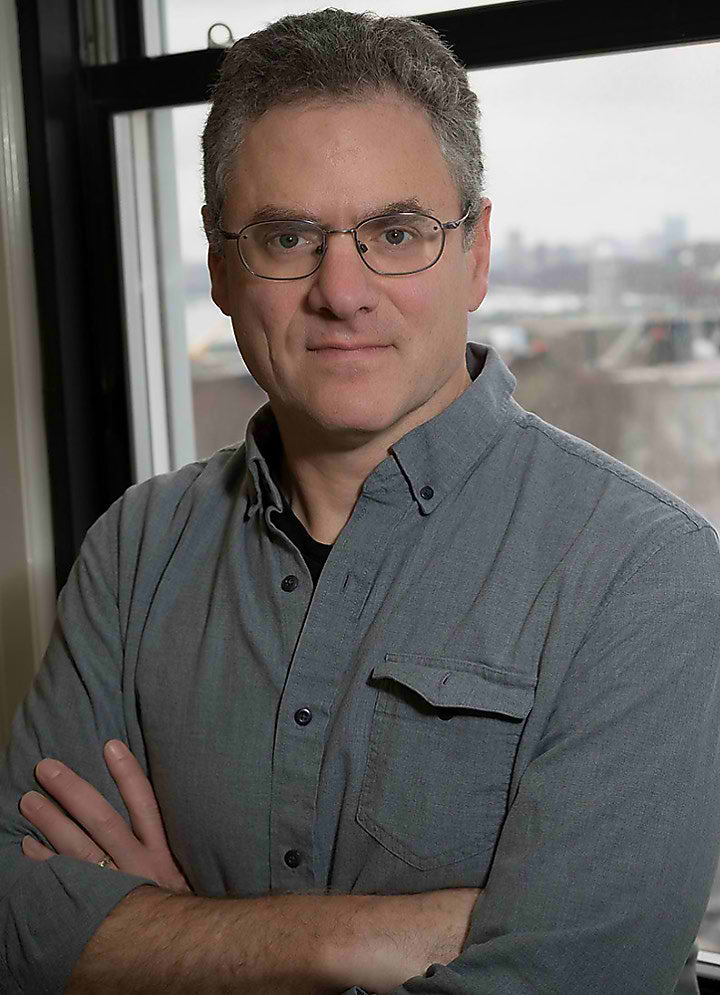RESEARCH SYMPOSIUM FACULTY

Alexandra Benavente, MCOptom PhD FAAO FARVO
Associate Clinical Professor, Biological and Vision Sciences
SUNY College of Optometry
Alexandra Benavente received her degree in Optometry and Optics from the College of Science and Medicine in Valladolid, Spain; MS in Investigative Ophthalmology and Vision Science from the University of Manchester, UK; and PhD in Vision Science from Aston University, Birmingham, UK.
During her first years at SUNY, Dr. Benavente was a Research Associate funded through the SUNY Research Foundation and an Adjunct Assistant Professor at the college. She later took the position of Assistant Clinical Professor in the Department of Clinical Education, followed by Associate Clinical Professor in the Department of Biological Sciences.
She is the Principal Investigator of her federally and industry-funded research lab, focused on identifying the mechanisms that lead to myopia and associated blinding consequences. She has been a part of the clinical research effort at the college through the Clinical Vision Research Center from its creation in 2013, where she has been Principal Investigator in a multi-center research study and sub-Investigator in more than 20 clinical studies.
Since joining SUNY Optometry, Dr. Benavente-Pérez has published 28 peer-reviewed research papers, 2 book chapters and over 85 conference abstracts on her doctoral research, work on experimental myopia models and ongoing multidisciplinary collaborations. She has served as Chair of the Association for Research in Vision and Ophthalmology (ARVO) Annual Meeting Program Committee (Anatomy section), and is an appointed member of the Scientific Committees of the American Academy of Optometry, and International Myopia Conference. She has received the Josh Wallman Memorial Award/Zeiss Young Scientist Award in Myopia Research at the International Myopia Conference, and the American Academy of Optometry Professional Career Development Award.

Peter Campochiaro, MD
Dr. Campochiaro is

Artur V. Cideciyan, PhD
Dr. Cideciyan is

Timothy W. Corson, PhD
Dr. Corson is

Nancy J. Newman, MD
Dr. Nancy J. Newman holds the LeoDelle Jolley Chair of Ophthalmology, and is Professor of Ophthalmology and Neurology and Instructor in Neurological Surgery at the Emory University School of Medicine, where she serves as the Director of Neuro-Ophthalmology. She attended Princeton University, the University of London on a Marshall Scholarship at the Courtauld Institute where she received a MA in Art History, and Harvard Medical School. She trained in Internal Medicine and Neurology at the Massachusetts General Hospital where she was Chief Resident in Neurology, and in Neuro-Ophthalmology at the Massachusetts Eye and Ear Infirmary. She is a Fellow of the American Academy of Neurology, the American Neurological Association, and the North American Neuro-Ophthalmology Society. She was President of the North American Neuro-Ophthalmology Society from 2014 to 2016, Chair of the Board of Directors from 2016 to 2018, and has since been Senior Vice President for Education. She has served on the Editorial Boards of the American Journal of Ophthalmology, Seminars in Neurology, Journal of the Neurological Sciences and the Journal of Neuro-Ophthalmology. She has over 600 publications, including scientific articles, book chapters and books, including the primary textbook in Neuro-Ophthalmology, Walsh & Hoyt’s Clinical Neuro-Ophthalmology, 5th and 6th Editions, and the popular manual Neuro-Ophthalmology Illustrated, 1st, 2nd and 3rd Editions. She has received many teaching and service awards nationally. She has lectured widely throughout the world and is known for her innovative teaching style. Her main research interests include disorders of the optic nerve, especially mitochondrial optic neuropathies and their therapy, including stewarding the use of gene therapy, and the implementation of nonmydriatic ocular fundus cameras in non-ophthalmic settings. She is a Trustee Emerita of the Board of Trustees of Princeton University and also served as President of the Princeton University Alumni Association.

Eric A. Pierce, MD, PhD
Assistant Professor of Ophthalmology
Byers Eye Institute
Dr. Pierce is

